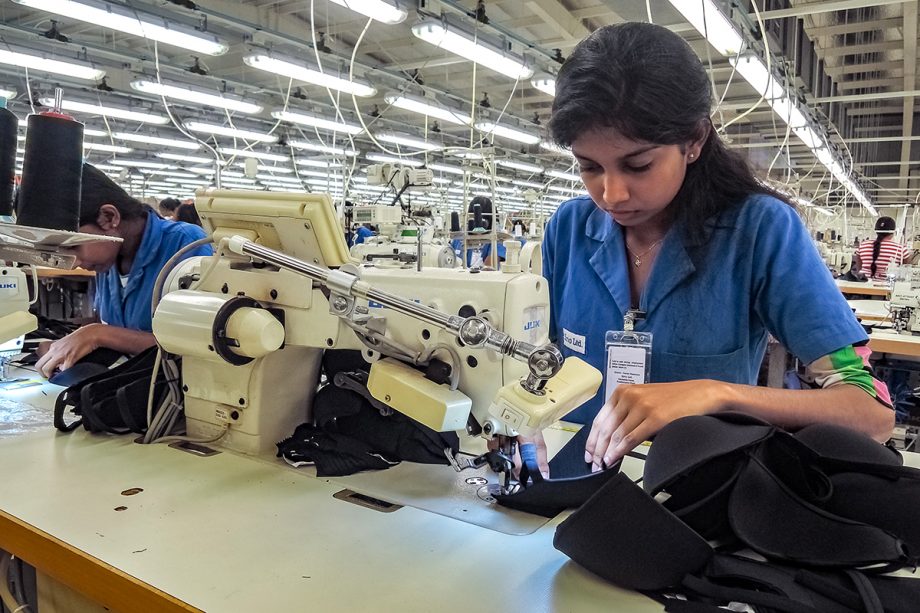But Financial, Health and Professional Services, Wholesale and Retail Trade, and Transportation sub-sectors hopeful of recovery after virus mitigation measures ease
Hit by COVID-19, the manufacturing and services sectors predictably performed poorly in April, with the former recording the lowest performance since the Purchasing Managers Index (PMI) began compilation in December 2016, the Central Bank said this week.
The COVID-19 induced downturn in the Sri Lankan manufacturing sector deepened during April as reflected by further contraction in Manufacturing PMI, which recorded at an index value of 24.2 with a fall of 5.8 index points from the previous month, reaching the lowest level since the beginning of the survey.
This decline in index was mainly driven by New Orders, Production and Employment sub-indices which declined at record rates.
With the continuation of islandwide curfew to limit the spread of the virus, almost all the manufacturing establishments either remained closed during the month of April or operated at a fraction of usual capacity.
Accordingly, New Orders, Production, Employment and Stock of Purchases sub-indices remained far below the neutral threshold. Many respondents in the Textile and Wearing Apparel sector highlighted that they had not received orders for their regular products particularly from US and European buyers due to rapid spread of COVID-19 in those countries.
Moreover, decline of employment was mainly due to discontinuation of some casual/temporary employees. Stock of purchases also decreased in line with decline of production and new orders.
Suppliers’ Delivery Time lengthened further during the month of April softening the decline in overall index to a considerable extent. Although, lengthening of Suppliers’ Delivery Time typically indicates higher demand for materials with the expanding manufacturing activities, in this instance, the longer lead-times has caused by the delays in shipments and local logistics, linked to the COIVID-19 pandemic.
The manufacturers cautioned that the COVID-19 pandemic would disrupt the global supply chain as well as demand. However, the overall expectations for manufacturing activities for the next three months increased compared to the previous month, still remaining below the neutral threshold.
Services sector PMI declined to a record-low of 29.9 index points in April 2020, down from 32.0 in March 2020 as Business Activities and Employment sub-indices fell at higher rates due to the extended lockdown measures taken to curb the spread of COVID-19 pandemic.
Business Activities sub index declined sharply to 8.6 index points, the lowest value since the beginning of the survey, signifying the extensive impact of COVID-19 pandemic on Services activities. Business Activities of Transportation sub sector declined further following prolonged domestic travel restrictions and slowdown in cargo handling due to restrictions and disruptions to international trade.
In addition, Business Activities of Accommodation, Food and Beverage sub sector also declined attributable to domestic travel restrictions and zero international tourist arrivals during the month. Despite the prevailing demand for essential goods, Business Activities of Wholesale and Retail Trade sub sector declined due to difficulties in scaling of delivery operations and the complete halt of business operations along with drop in demand for non-essential goods.
Employment in Services sector continued to decline due to discontinuation of the service of contractual and casual employees amidst the freeze of new recruitments.
New Business and Expectations for Activity declined in April, yet at a slower pace. However, respondents in financial, health and professional services, wholesale and retail trade, and transportation sub sectors are rather optimistic on future business activities with the steps taken towards resumption of civilian life and institutions back to normalcy.
(FT)

